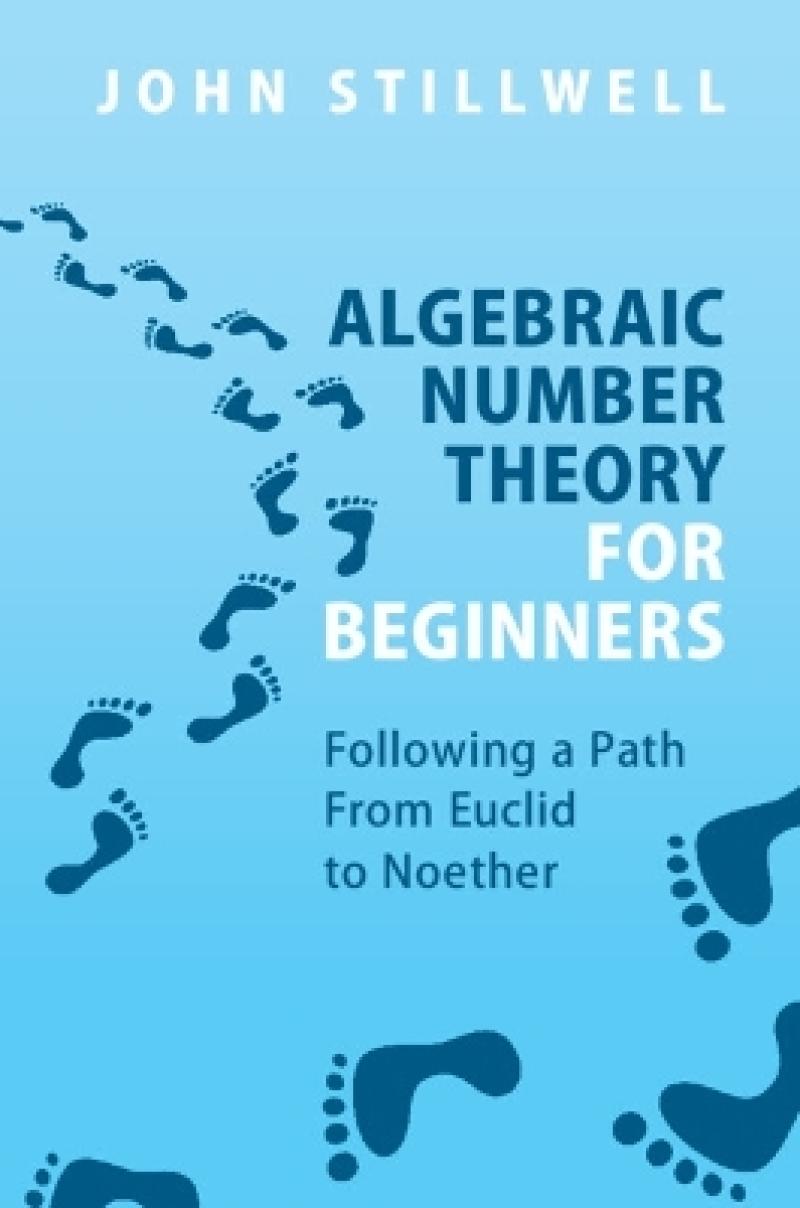'In Algebraic Number Theory for Beginners, John Stillwell once again displays his remarkable talent for using the history of mathematics to motivate and explore even the most abstract mathematical concepts at an accessible, undergraduate level. This book is another gem of the genre Stillwell has done so much to enhance.' Karen Hunger Parshall, University of Virginia
'Stillwell, more than any author I know, helps us understand mathematics from its roots. In this book, he leads us into algebraic number theory along a historical route from concrete to abstract. In doing so, Stillwell makes a strong pedagogical case for flipping a typical algebraic number theory course — that students will understand number theory better if questions about numbers come before and throughout the abstract theory of rings and ideals. The treatments of mathematics and its history are crystal clear and meticulous. Stillwell's text is particularly well-suited for an advanced undergraduate or early graduate-level course in number theory. Experts also will find this text to be an incredible resource for its historical approach and well-motivated exercises. Stillwell has written another gem, this time for readers interested in number theory, abstract algebra, and their intertwined history.' Martin Weissman, University of California, Santa Cruz
'This book is sure to be welcomed by advanced students and their instructors … A helpful index and an extensive list of references conclude the text … Highly recommended.' J. Johnson, Choice
'It goes without saying that the exposition is as clear as possible. There are a few exercises in each section, historical comments, a decent bibliography and an index.' Franz Lemmermeyer, zbMATH Open
